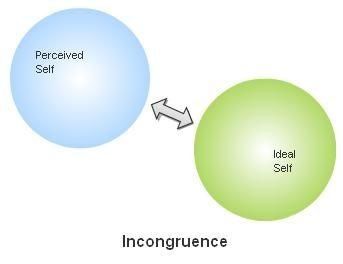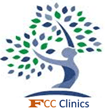Person Centred Therapy
Person- centered therapy (PCT) is a non-directive approach that encourages clients to take a lead role in the therapist-client relationship and therapeutic process. This means that PCT therapists will allow clients to discover their own solutions. Since clients are encouraged to take a lead role, studies have shown that motivation is a crucial factor in PCT. Clients that are very motivated are more likely to achieve a better therapeutic success than the less motivated clients. The therapist acts as a facilitator (enabler), listening without judgment and acknowledging the client’s experience without leading or stirring clients to any particular direction. The therapist's role is therefore to encourage and support the clients as they go through the process of self-discovery.
When It's Used
PCT is often useful for clients seeking to gain
- more self-confidence, self-acceptance and personal growth
- stronger sense of self and identity,
- the ability to build healthy interpersonal relationships and to trust his or her own decisions
PCT is shown to be helpful as a single approach or in combination with other types of therapy in the management of:
- grief (bereavement and losses)
- some mental health problems such as depression, social anxiety, health anxiety, stress, abuse, etc.
PCT therapists can work with both individuals and groups.
What to Expect
You will do most of the talking during therapy. Your therapist may occasionally restate your words in an attempt to fully understand your thoughts and feelings as well offer you the opportunity to re-frame your words if they are out of context or meaning. The skills of restating helps you express exactly what you are thinking and how you feel. The therapist may also use silences as tools for allowing you to reflect on certain emerging thoughts or process.






